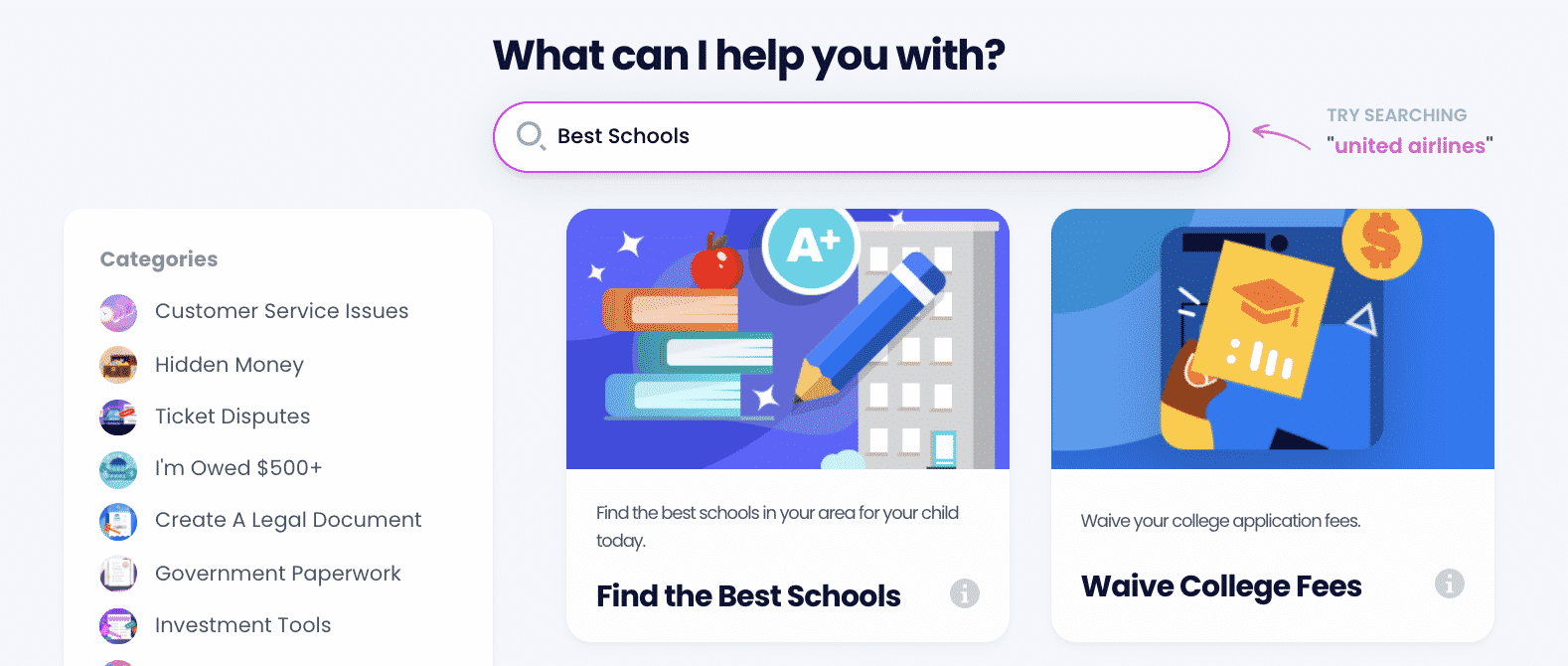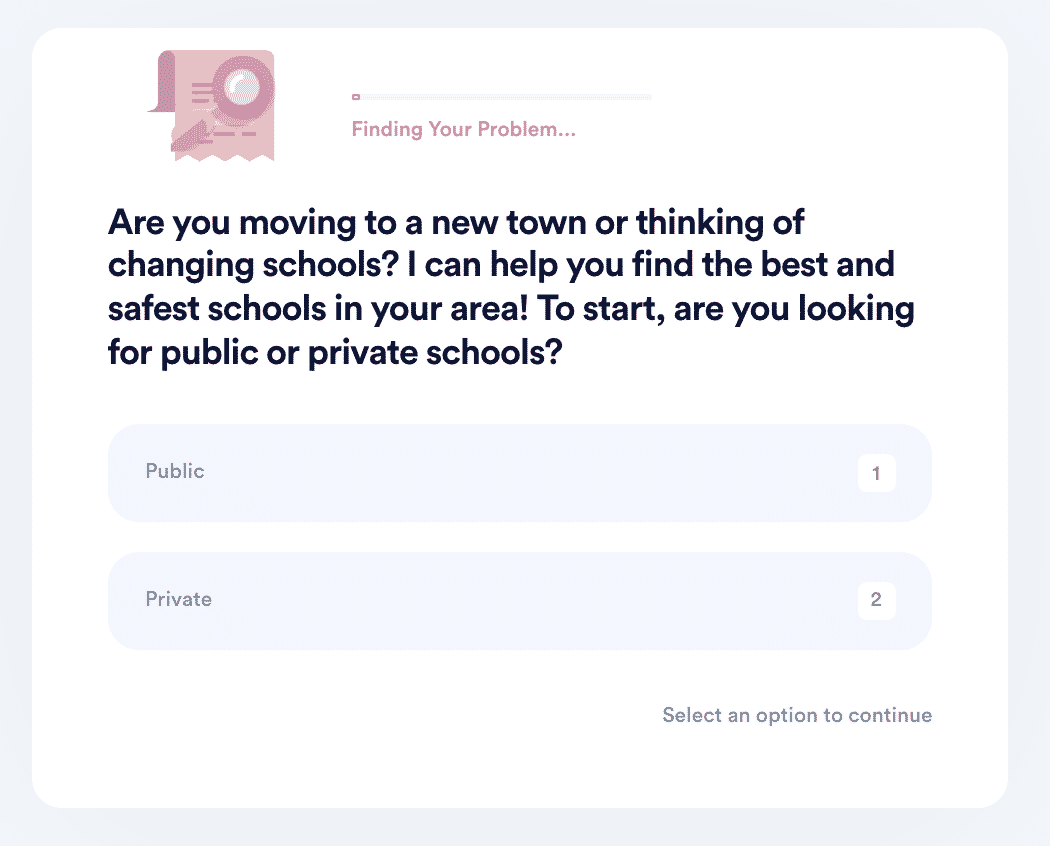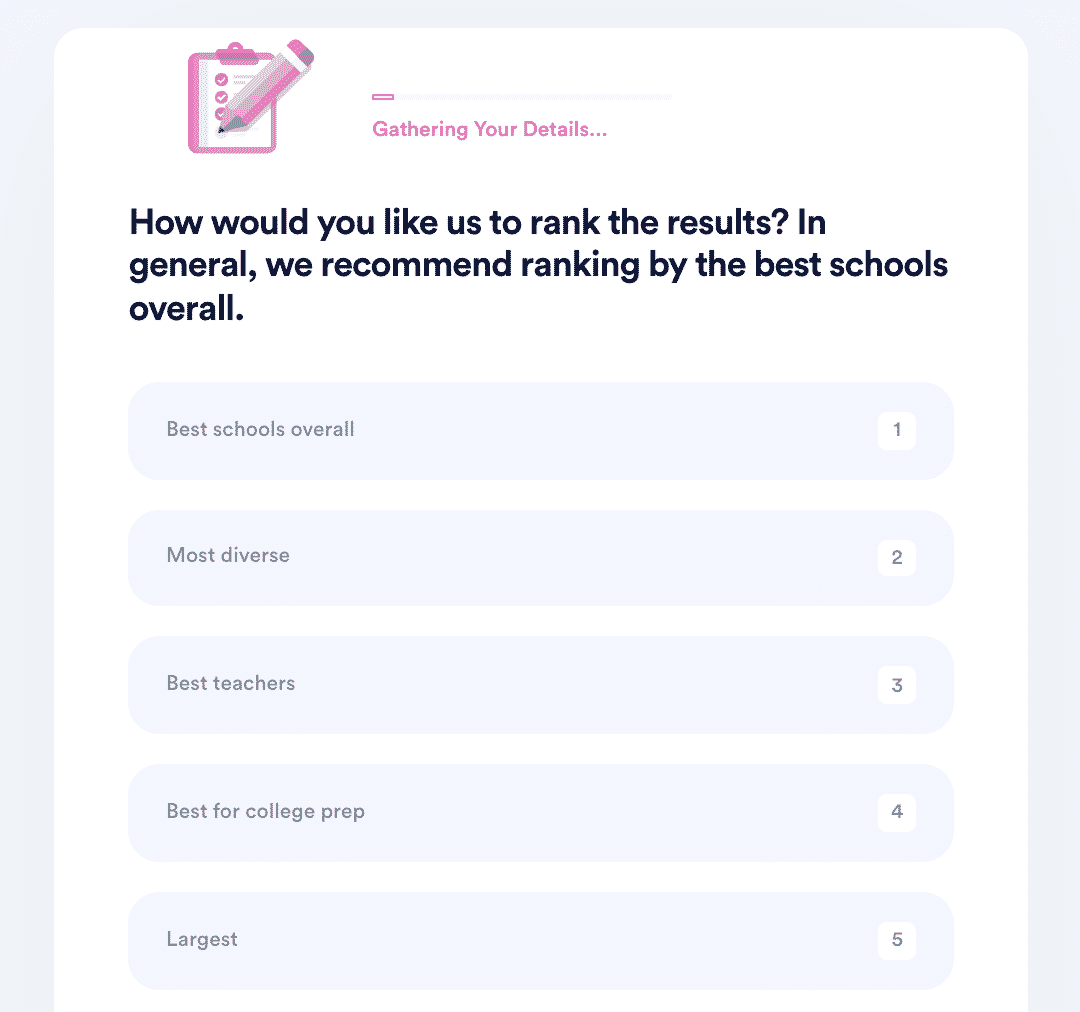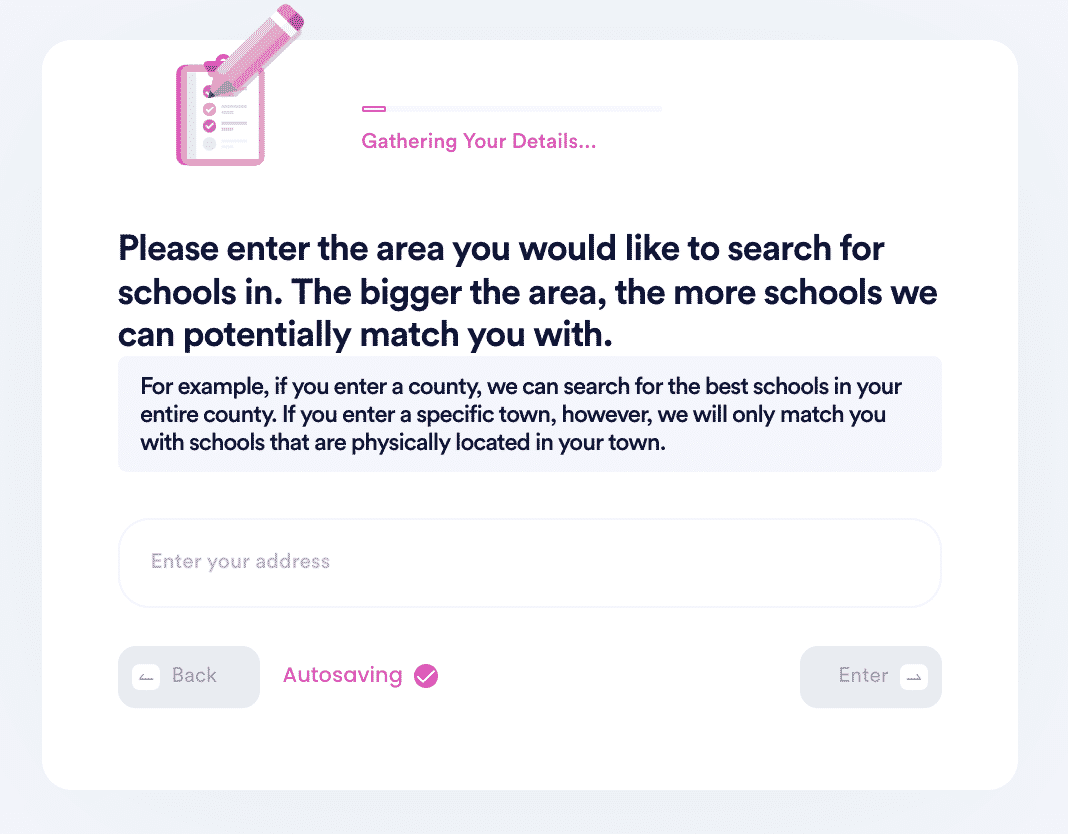What Are the Best Schools for Children Who Have Autism?
Children who have autism tend to display a group of specific behaviors such as issues with social differences, communication delays, and behavioral changes that continue as the child grows older. Many individuals with autism have difficulties with communication, interaction, and learning. They do all of these things in ways that are different from other individuals.
There are a variety of ways that these individuals might behave, including by doing the following:
- not point at objects showing interest
- not look at objects when another person points to them
- have trouble relating to others or not having any interest in other people at all
- avoiding eye contact
- want to be alone
- have trouble understanding other people's feelings or talking about their feelings
- prefer not to be held or cuddled (or only on their terms when they want to be touched)
- appear unaware when people talk to them but respond to other sounds
- be very interested in people (but not knowing how to react)
- repeat actions again and again
- have trouble adapting to routine changes
- have odd reactions to their senses
- lose skills they once had
These symptoms can all indicate an individual somewhere on the autism spectrum. Some individuals will have more severe autism than others. Each case will be unique and individual, but the general sense is that most individuals on the autism spectrum will need additional assistance and intervention to develop to their fullest potential and to thrive in social settings.
What Schools Can Help Children With Autism?
There are quite a few nationally-recognized . These schools are designed with the needs of these specific students in mind. One of the best schools in the United States that attend is the Haugland Learning Center in Columbus, Ohio. There are three campuses in Ohio that currently accept students with autism. Two of the Haugland campuses are in Columbus and the other is located in Sandusky, Ohio.
The Haugland Learning Center is designed around proven therapies and interventions that help children with both Asperger's (an autism spectrum disorder) and other children on the autism spectrum develop to their fullest potential. These schools span from Kindergarten to 12th grade and emphasize early and frequent interventions as the best way to help students thrive. There are also full autism scholarships available to students on the spectrum to allow them to receive a complete range of therapies and interventions personally designed to help that student thrive.
Haugland emphasizes that every student deserves a quality education regardless of the family's ability to pay. Autism spectrum disorders do not lower expectations of students, but rather require their education to be delivered to them in a way that makes sense for that student. Behaviors are learned and can be "unlearned", which is what the Haugland Learning Center bases its teachings around from the beginning to the end of a child's education.
What Do Parents Look For in a School?
Parents who have children that are on the autism spectrum look for different things in school than many other parents. Parents who have children with autism need to look for a school that meets the specific, unique needs of their students. The following are often cited as top key things that parents of children who have autism look for in a school:
| Affordable Tuitions | Many special schools exist, but their tuition is often extremely expensive. This tuition is unaffordable for many families who want their children to have the best. Many schools will offer individual scholarships to lower-income families who otherwise can't afford to provide their child with an education at a school specialized for their child's needs. |
| Individualized Approaches | Autism is not a "one-size-fits-all" approach to providing every child with one fixed set of tools and assuming that they will thrive in the classroom. Each child needs an individualized approach to their education. Things that work for one student won't work for another. Every student will react differently to different stimuli and different instructions in different ways. Finding the way that a certain child reacts to certain stimuli will help teachers maximize instruction for each student to help them reach their full potential. |
| Individual Education Plans (IEPs) | IEPs are helpful tools for students who are on the autism spectrum, as they can help them determine which techniques and different tools work for that student. Some tools will be more helpful for certain students than others. Finding out what each child needs based on their position in the spectrum will help them thrive in their education and reach their full potential as both students and members of society. |
| Getting Parents Involved | IEPs are helpful tools for students who are on the autism spectrum, as they can help them determine which techniques and different tools work for that student. Some tools will be more helpful for certain students than others. Finding out what each child needs based on their position in the spectrum will help them thrive in their education and reach their full potential as both students and members of society. |
How to Find the Best School for Children With Autism on Your Own:
Finding a can be both time-consuming and frustrating. You are afraid that you may not find certain schools, or may not look at every fact that will matter the most to your child. To ensure that you are finding the best school for your child who is on the autism spectrum, you will want to complete the following steps for each school that you are considering for your child:
- Research and find the local charter schools that are in your area. Make a list of the schools that are within a reasonable distance of your home.
- Read about each school and visit their websites for more information to decide which schools interest you.
- Call the schools or request information about their school via their websites to learn more about which school is the right fit for your child.
- Schedule tours with the schools that interest you the most.
- Talk to teachers and current students to get a feel for the atmosphere of the school your child will be attending.
- List the pros and cons of each school, and discuss it with anyone else who might have a say in your child's education (i.e. spouse, partner, etc.).
- Make your decision on which school fits best for your child.
Following these steps ensures that the different needs of your children are met and that your children are thriving in their educational setting. As a parent, you know what your child's needs are better than anyone else. To get your child the education they deserve, focus on advocating those needs to the people at the school you want your child to attend.
To find more information about each school that you are considering sending your child to, DoNotPay can help you find the information that you need on the schools that interest you through our "find a school" tool to ensure that you find the best match to meet your child's unique and individual needs.
DoNotPay Can Help You Research the Right School for Your Child With Autism’s Needs
DoNotPay's "find as school" tool can help you search for up to 5 schools at a time based on information and criteria you enter. We will tell you more about each school so that you can find more information on how to help your students with autism get the education that will help them reach their full potential.
The following are the 4 steps that you will need to complete. Once you complete these steps, they are the steps that you will have to follow to get DoNotPay to help provide you with information about schools you want to learn more about:
- Go to the Best Schools Search product on DoNotPay.

- Let us guide you through the different priorities you can filter by, including whether you're looking for a private school vs. public school, your ideal student-to-teacher ratio, and what grade level you are looking for.

- Tell us how you want us to rank the results (by what's most important to you!) Some examples include, best schools overall, most diverse, best teachers, etc.

- Enter the search area you want to search for. The wider the area, the more schools we can match you with.

Once you find the information that you are looking for, you can decide which schools are the best fit for your child and their personal needs.
What Else Can DoNotPay Do?
We're glad that you asked! DoNotPay offers a variety of different tools that can help you save time, frustration, aggravation, and frustration of trying to get your money back on your own. The following are some areas where DoNotPay can help you save money:
- utilities
- canceling memberships
- canceling banking fees
- getting reimbursed for unwanted credit card fees
These are some areas where DoNotPay can help you save money on services that you no longer want, need, or use. Canceling these services and getting your money back allows you to spend that money on something that you would rather spend money on than on a service that you no longer use anymore.


